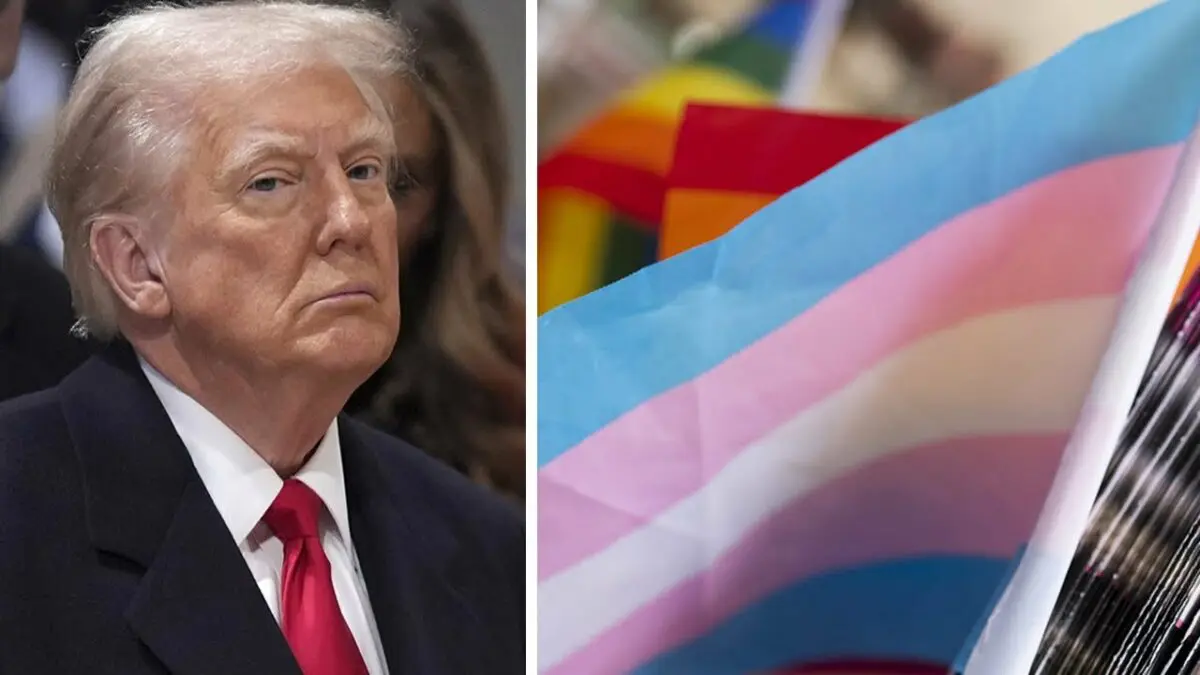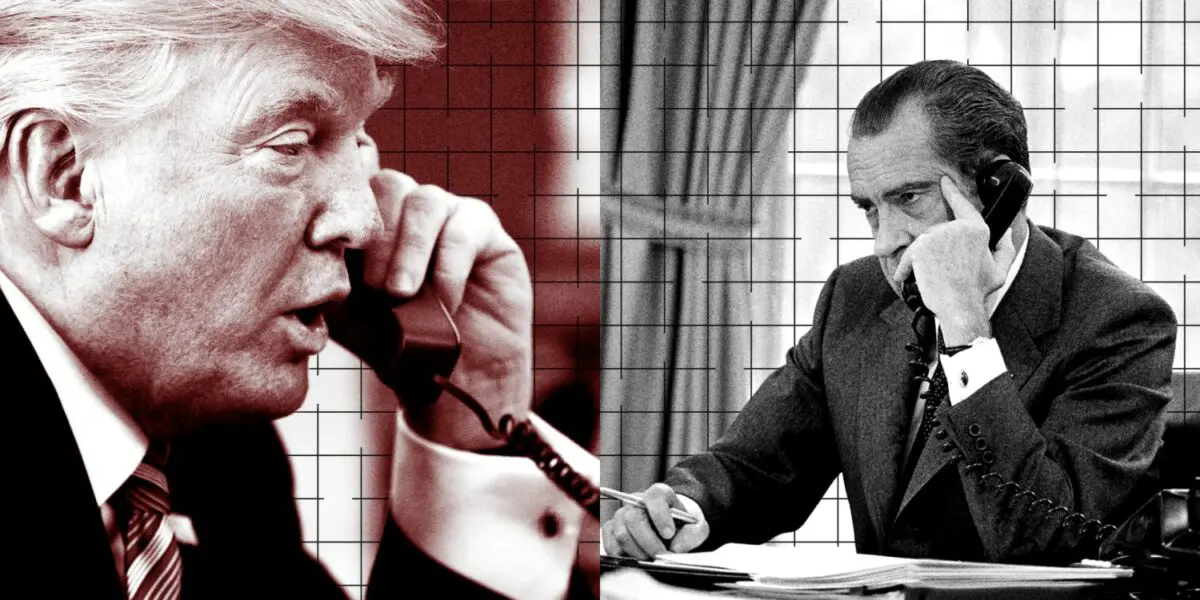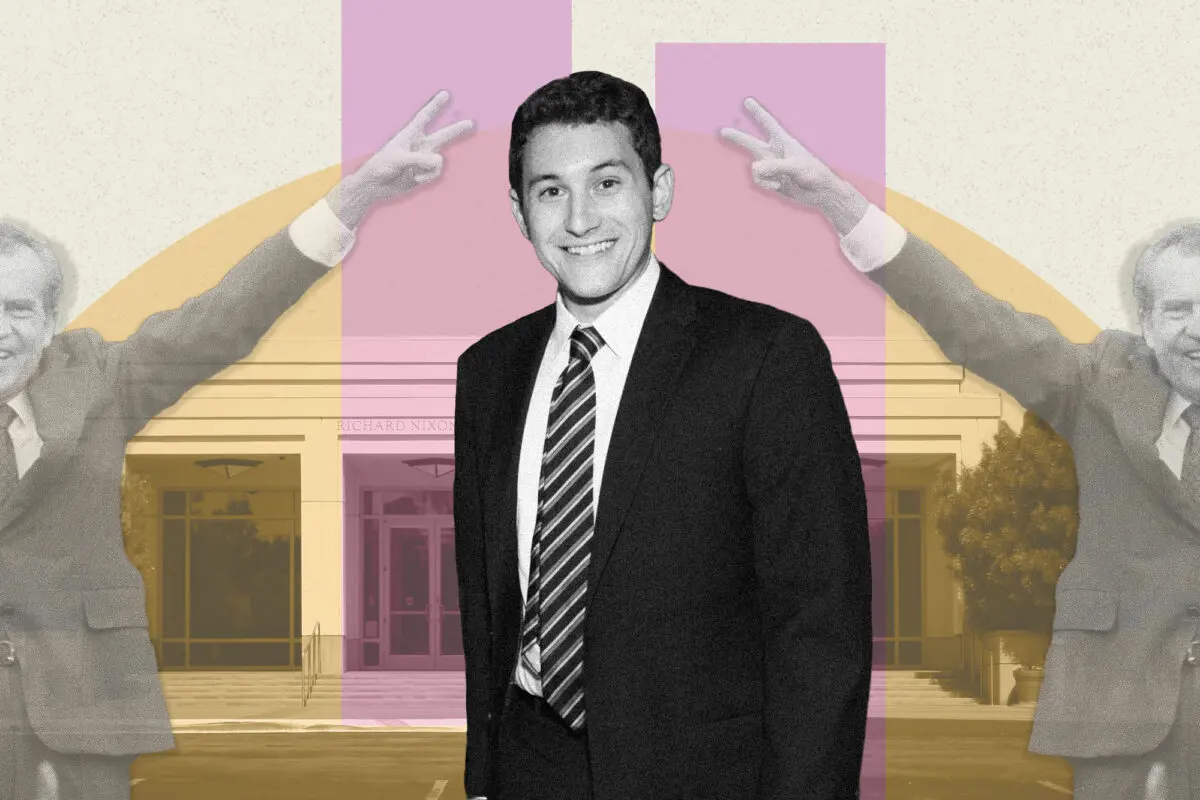Cynthia Nixon, known for her powerful role in ‘Sex and The City,’ has recently made headlines for her passionate stance against President Trump’s executive order impacting transgender healthcare for youth. The order, which bars federal funds for gender-affirming surgeries, has sparked outrage among many, including Nixon. At a protest in New York City, she voiced her discontent, emphasizing the need for support and care for transgender children.
This event highlights the ongoing battle for transgender rights in the United States, particularly as political figures push for policies that many view as discriminatory. Nixon’s experience as a mother to a transgender son further fuels her advocacy, as she reflects on the care available to him compared to what may now be denied to others.
Understanding the Impact of Trump’s Executive Order
The executive order signed by President Trump has significant ramifications for transgender youths across the nation. Specifically, it halts federal funding for gender-affirming medical practices, a move that many consider a direct attack on the rights of transgender individuals. The opinions on this decision vary greatly, and Nixon’s perspective sheds light on the emotional toll it can take on families.
By canceling appointments for procedures crucial for many transgender individuals, institutions like NYU Langone Hospital find themselves caught in a complex dilemma. Nixon pointed out that such actions not only restrict access to healthcare but also send a harmful message regarding the validity of transgender identities.
This moment is pivotal for many advocates who see the need to respond vigorously to such political maneuvers. Awareness and activism have never been more crucial, as Nixon and many others rally against policies that they believe foster discrimination and inequality.

Analyzing the Historical Context of Transgender Rights
To grasp the severity of Trump’s executive order, one must look back at the history of transgender rights in the U.S. The early 2000s marked a turning point, with increased awareness and advocacy for LGBTQ+ rights emerging on a national scale. However, it was also a time characterized by pushback, particularly from conservative factions desiring to roll back the progress made.
Policies affecting gender-affirming healthcare are not new, but they represent a broader pattern of attempting to undermine transgender rights. Nixon’s comments highlight her understanding of these historical trends, reflecting the ongoing struggles many have faced in securing basic rights and dignities.
The recent executive order echoes previous legislative attempts that sought to erase or marginalize transgender identities. Amid these challenges, supporters like Nixon stress the importance of solidarity and proactive measures to protect the rights of marginalized communities.
Cynthia Nixon’s Personal Connection to the Issue
With a transgender son, Nixon’s commitment to fighting for rights in this arena is deeply personal. She candidly shared her experiences as a mother navigating the healthcare system for her son Samuel. Reflecting on the differences in access to care after the executive order, she expressed the heartache of knowing that her son had received critical support that may now be inaccessible to others.
Many families look to figures like Nixon for guidance and strength, and she embodies both with her public stance. Her connection to transgender issues makes her voice resonate even stronger during protests. She is a proud advocate, consistently reminding supporters of the real lives affected by political decisions.
By sharing these experiences, Nixon not only raises awareness but also encourages dialogue around transgender youth and healthcare. These discussions often reveal the complexities of navigating identity and support in a challenging political climate.

Community Support and Activism
The support from the community during Nixon’s protest highlights the growing activism surrounding transgender rights. Protesters shared their stories and rallied together not only for their own rights but for those of future generations. This spirit of togetherness at such events fosters hope and encourages more individuals to take action.
Many activists have pointed out the necessity for comprehensive education about transgender issues, especially for children and adolescents. This education aims to create a more accepting society that recognizes and supports diverse identities. Protests like the one Nixon attended serve as vital platforms for these messages, empowering individuals to be advocates for equality.
As momentum builds, the call for change echoes louder. The involvement of celebrities and public figures can amplify these messages, reaching wider audiences who may not otherwise engage in these discussions.
Challenges Ahead for Transgender Rights
The impact of Trump’s executive order raises pressing questions about the future of transgender rights in America. With various states already enacting restrictive laws, the fears about potential rollbacks of hard-earned rights are at an all-time high. Advocates recognize the need for resilient and adaptive strategies to combat such changes.
Nixon’s remarks during the protest addressed these fears, emphasizing that while the current political climate may be daunting, continued activism is essential for advocating for transgender rights. Building political coalitions and supporting legislation that protects LGBTQ+ rights can counteract some of these oppressive measures.
Organizations dedicated to LGBTQ+ advocacy are ramping up their efforts to foil antagonistic policies and provide support for transgender individuals impacted by discriminatory practices. These collective actions represent a unified stand against an increasingly hostile political landscape.

The Role of Education in Changing Perceptions
Education serves as a powerful tool in shifting societal attitudes towards transgender individuals. Nixon’s advocacy highlights this very point, as she encourages conversations about gender identity in schools and communities. Increasing awareness can dismantle harmful stereotypes and foster inclusivity.
By integrating discussions about transgender issues into educational curricula, schools can nurture understanding from a young age. Exposure to diverse identities creates empathy and acceptance, essential for moving towards a more inclusive society.
Advocate-led initiatives aim to provide resources for educators to facilitate dialogues surrounding transgender rights. By empowering future generations, these programs equip young advocates with the knowledge needed to challenge discrimination and promote equality actively.
The Future of Transgender Rights Activism
In light of the challenges presented by Trump’s executive order and similar policies, the future of transgender rights activism appears as both urgent and necessary. The calls for continued advocacy are growing louder, as activists from various backgrounds unite for a common cause.
Transgender advocates emphasize the importance of building alliances and engaging in political activism to ensure that rights are not only preserved but expanded. The recent protest led by Nixon is just one example of the coalitions forming to protect and promote transgender rights.
Nixon’s resolve to fight for her community serves as an inspiration for many activists. With each rally, each conversation, each shared story, the dream of a society that fully honors and respects transgender identities moves closer to reality.

Hi there! I’m Jade, a 38-year-old gossip journalist with a passion for uncovering the juiciest stories in the world of celebrity news. With years of experience in the industry, I love sharing the latest trends and insider scoops.



